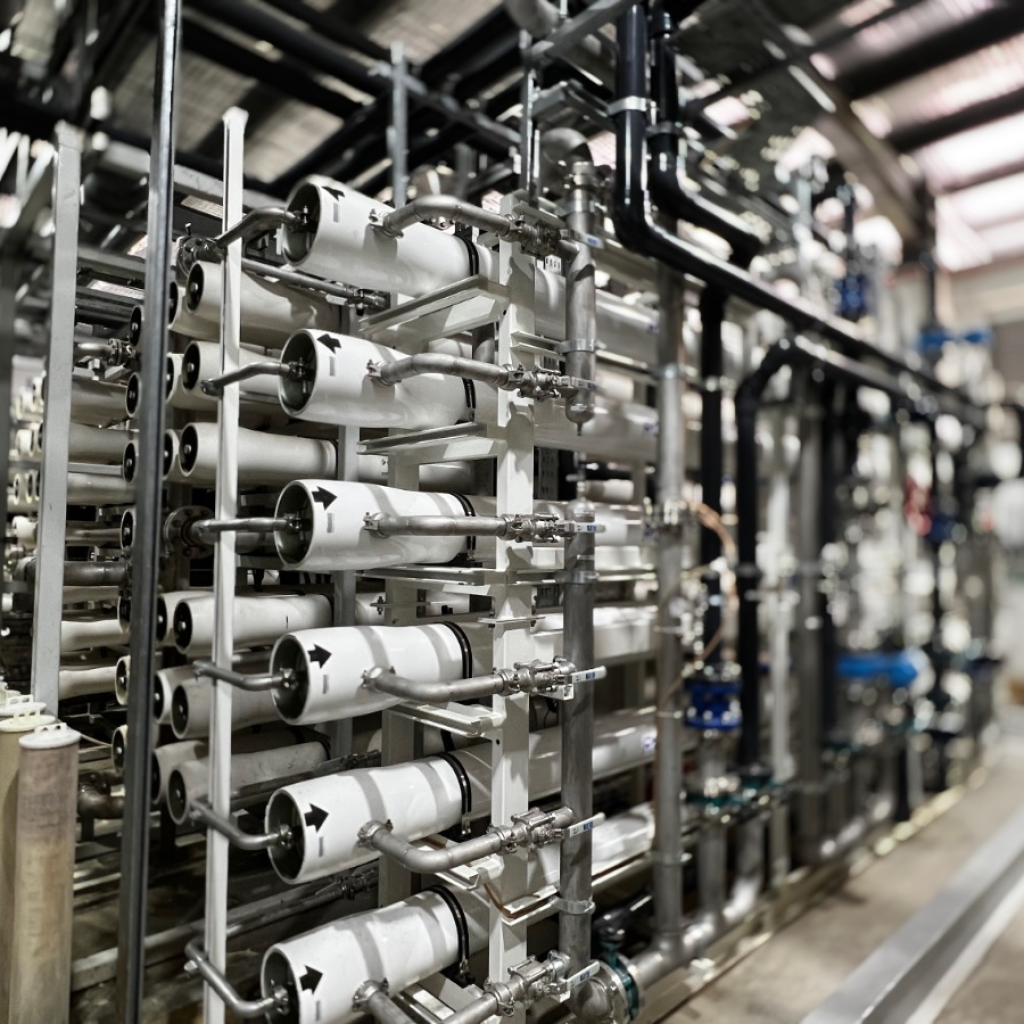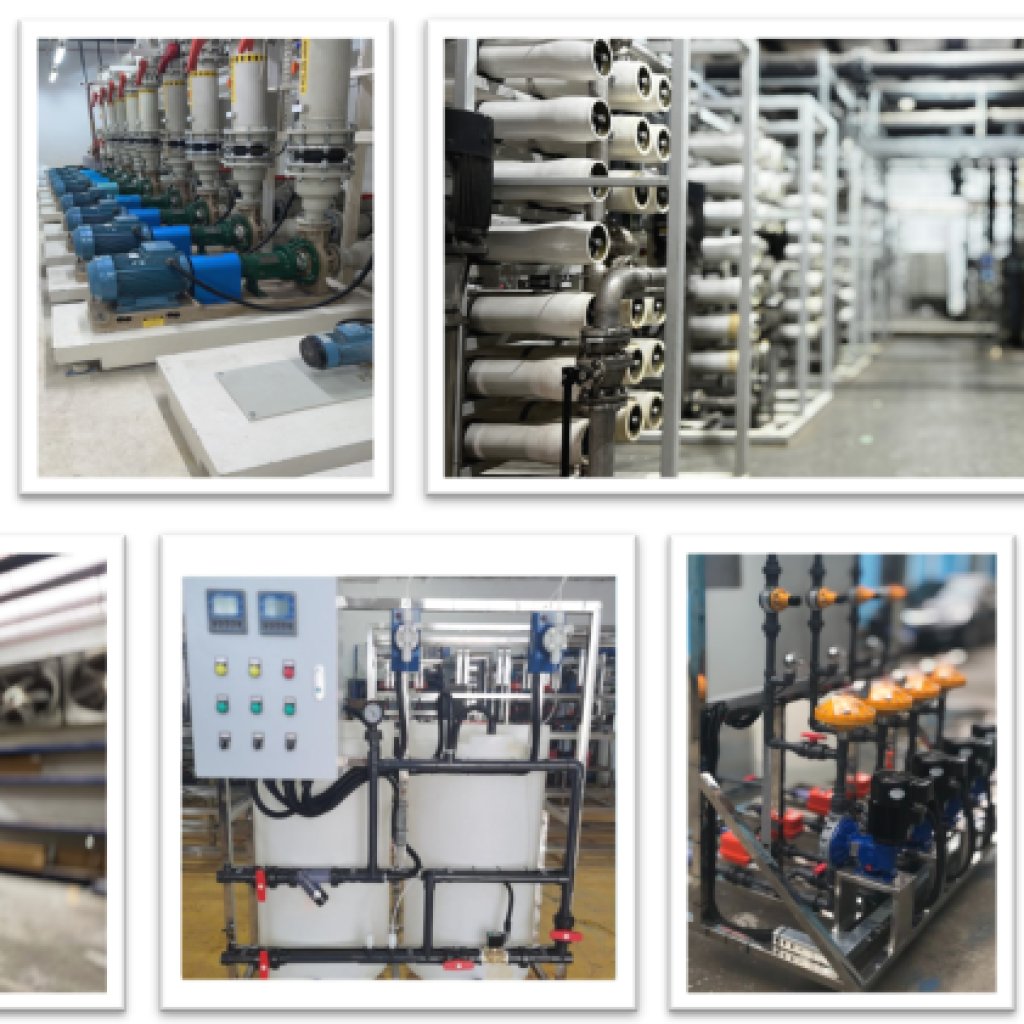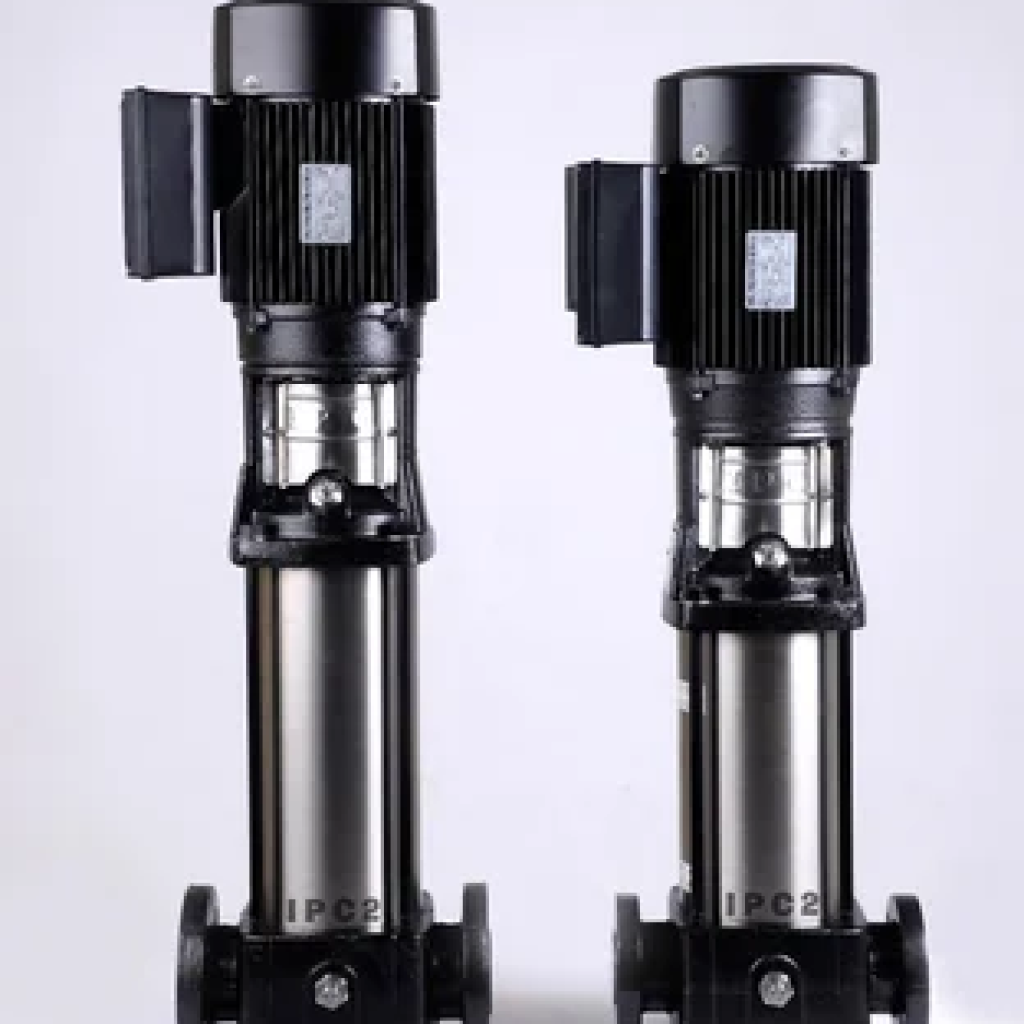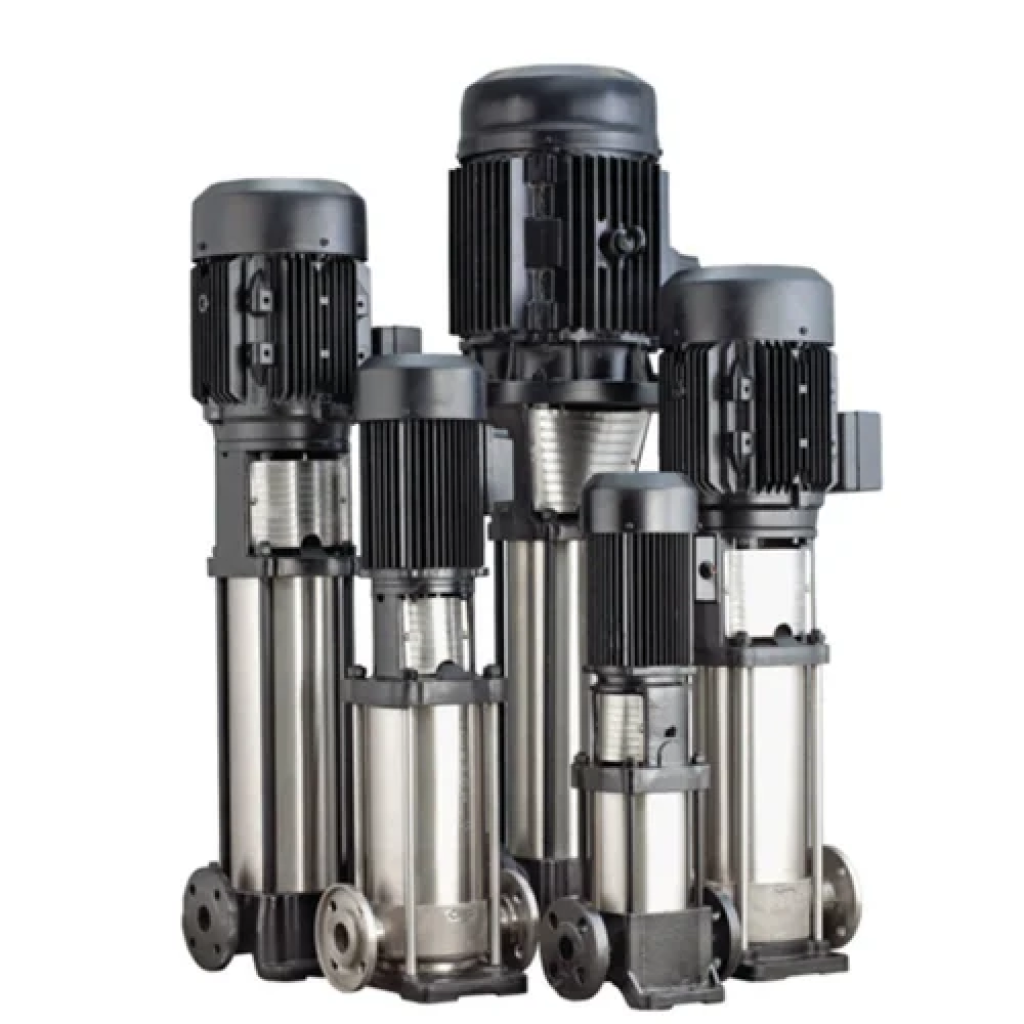RO plant pump Singapore – Best 2025
RO Plant Pump Singapore – Industrial Water Purification Solutions
Introduction to RO Plant Pump Singapore
In today’s world, access to clean and purified water is essential for industries, commercial buildings, and institutional facilities. One of the most crucial components of water purification systems is the RO plant pump. When it comes to ensuring high-performance and efficient reverse osmosis operations, choosing the right RO plant pump Singapore is critical. Whether for industrial water treatment, wastewater recycling, or ultra-pure water applications, the RO plant pump Singapore solutions provide robust, energy-efficient, and durable systems engineered to meet the local operational requirements.

What is an RO Plant Pump?
An RO (Reverse Osmosis) plant pump is a high-pressure pump that supplies pre-treated water to the RO membranes. The RO plant pump Singapore market demands advanced pumping systems that can deliver stable flow, maintain required pressure, and operate continuously under demanding industrial conditions. This pump is a core element in the RO system, pushing water through semi-permeable membranes to remove salts, impurities, and other contaminants.
In RO plant pump Singapore installations, the pump’s quality directly affects the efficiency and lifespan of the membranes and the overall water output. Whether for seawater desalination, brackish water treatment, or ultra-filtration pre-treatment, the RO plant pump Singapore systems are designed to optimize performance, reduce downtime, and ensure water quality compliance.
Importance of RO Plant Pumps in Singapore’s Industrial Sector
Singapore, being a land-scarce island nation with limited freshwater sources, heavily depends on advanced water treatment technologies. RO plant pump Singapore solutions play a vital role in water recycling, NEWater systems, and industrial wastewater treatment across various sectors like:
- Pharmaceuticals
- Semiconductors
- Petrochemicals
- Food and beverage processing
- Commercial and institutional facilities
Given the importance of water sustainability, RO plant pump Singapore technologies are aligned with the country’s goal for environmental responsibility and water security.
Key Features of RO Plant Pump Singapore Solutions
Selecting a high-performance RO plant pump Singapore setup involves evaluating several technical aspects. Below are key features commonly integrated into the top systems:
1. High Pressure Performance
RO plant pump Singapore units are engineered to generate the required high pressure (up to 70 bar for seawater) to drive the RO process efficiently.
2. Energy Efficiency
Singapore industries prioritize energy efficiency to reduce operational costs and carbon footprint. Modern RO plant pump Singapore systems come with energy-saving motors (IE3 or IE4) and variable frequency drives (VFDs).
3. Corrosion Resistance
Pumps for RO plants are typically made with duplex stainless steel, 316L SS, or super duplex materials to withstand saline, aggressive, or chemical-rich water conditions prevalent in RO plant pump Singapore installations.
4. Quiet Operation
Especially in indoor or high-tech facilities, RO plant pump Singapore systems must maintain low noise and vibration levels.
5. Compact & Modular Design
Space efficiency is vital in Singapore. Compact, skid-mounted RO plant pump Singapore units are preferred for easy integration and maintenance in tight plant rooms.
Applications of RO Plant Pump Singapore Solutions
The applications of RO plant pump Singapore solutions are diverse and vital for both water purification and industrial efficiency. Some of the major applications include:
- Seawater Desalination Plants
Many offshore and coastal installations in Singapore rely on RO plant pump Singapore systems to convert seawater into potable or process water. - Wastewater Reuse & Recycling
Factories and commercial buildings deploy RO plant pump Singapore setups to treat and reuse wastewater, reducing environmental impact. - Ultrapure Water Systems
Industries such as electronics manufacturing need ultra-pure water, achieved through high-grade RO plant pump Singapore systems. - Food & Beverage Processing
Clean and safe water is essential in F&B processes. RO plant pump Singapore ensures consistent water quality. - Centralized Water Treatment in Buildings
Hospitals, hotels, and residential buildings integrate RO plant pump Singapore for internal water recycling and purification.

Types of RO Plant Pump Singapore Options
Several types of pumps are used based on the specific RO plant requirement. Popular RO plant pump Singapore configurations include:
1. Multistage Centrifugal Pumps
Used for high pressure and flow applications, these are the most common in RO plant pump Singapore systems.
2. Positive Displacement Pumps
Suitable for consistent flow and pressure, these pumps offer precise control in small or sensitive RO applications.
3. Booster Pumps
Used in modular RO plant pump Singapore setups to maintain membrane pressure in multi-stage RO processes.
4. Skid-Mounted Systems
Compact and factory-tested, these RO plant pump Singapore units are plug-and-play solutions suitable for fast deployment and easy maintenance.
How to Choose the Right RO Plant Pump in Singapore
Choosing the correct RO plant pump Singapore solution depends on several factors:
- Water Source: Seawater, brackish water, or tap water all require different pump pressures and materials.
- Flow Rate Requirement: The capacity of the RO plant affects the size and number of pumps.
- Pressure Requirement: Determines the pump head needed to overcome membrane resistance.
- Material Compatibility: Based on chemical composition of feed water.
- Footprint Constraints: Especially critical in Singapore’s compact plant rooms.
- Automation Requirements: Some RO plant pump Singapore systems include PLC integration for smart monitoring and control.

Advantages of RO Plant Pump Singapore Systems
1. Reliability
Modern RO plant pump Singapore solutions are known for their durability, minimizing breakdowns and unplanned maintenance.
2. Sustainability
They enable water reuse and recycling, supporting Singapore’s green initiatives and water conservation targets.
3. Cost Efficiency
High energy efficiency, reduced maintenance needs, and longer equipment lifespan make RO plant pump Singapore a cost-effective investment.
4. Local Compliance
All RO plant pump Singapore systems are built to adhere to PUB and NEA standards, ensuring safe and compliant operations.
5. Technical Support
Availability of expert servicing, parts, and diagnostics ensures smooth operation of the RO plant pump Singapore throughout its lifecycle.
RO Plant Pump Singapore for Skid Integration
Many industrial users prefer fully integrated RO plant pump Singapore skids, which come pre-assembled with:
- Pressure gauges and transmitters
- Flow meters
- Control panels (PLC or manual)
- Pre-filter and post-filter arrangements
- Chemical dosing lines
These compact RO plant pump Singapore skids allow for faster commissioning and minimal onsite fabrication, especially important in tight deadlines and space-limited Singapore facilities.
Smart Monitoring of RO Plant Pump Singapore Units
Smart features are increasingly integrated into RO plant pump Singapore systems. These include:
- IoT-based remote monitoring
- Vibration and temperature tracking
- Predictive maintenance alerts
- Real-time flow and pressure logging
Such enhancements improve reliability and help in reducing long-term operating costs of RO plant pump Singapore installations.
Common Problems and Solutions in RO Plant Pump Singapore Installations
Problem: Pump Cavitation
Solution: Ensure proper suction head and install VFD-controlled startup in RO plant pump Singapore systems.
Problem: Scaling and Fouling
Solution: Use chemical dosing systems and regular flushing routines in the RO plant pump Singapore circuit.
Problem: Pressure Fluctuation
Solution: Add pressure control valves and surge tanks to stabilize the RO plant pump Singapore operation.
Problem: Corrosion
Solution: Use high-grade stainless steel materials suitable for aggressive water conditions.
RO Plant Pump Singapore for Sustainable Development
Water sustainability is a major concern in Singapore’s industrial landscape. RO plant pump Singapore technology plays an essential role in addressing the challenges of:
- Limited freshwater availability
- Industrial discharge regulations
- Energy and operational efficiency
- Carbon neutrality goals

By deploying smart and durable RO plant pump Singapore systems, companies contribute to the nation’s long-term environmental and operational sustainability.
Technical Specifications and Design Considerations for RO Plant Pump Singapore
The selection and design of an RO plant pump Singapore system must be tailored to the specific operational requirements of the facility. The pump’s hydraulic performance, material compatibility, energy profile, and control features must be engineered to meet stringent process demands.
Key Technical Parameters:
- Flow Rate (m³/h):
Determines the quantity of water the RO plant pump Singapore system can handle. This typically ranges from 0.5 m³/h for small systems to over 100 m³/h for industrial installations. - Head Pressure (Bar):
A critical factor for ensuring water can pass through RO membranes. The required pressure is typically between 10 to 70 bar depending on the feed water salinity. - NPSH (Net Positive Suction Head):
Essential for preventing cavitation in RO plant pump systems. Poor NPSH can lead to impeller damage and reduced efficiency. - Pump Type:
Depending on the plant size and usage, vertical multistage centrifugal pumps or horizontal split-case pumps are often selected in RO plant pump applications. - Drive Type:
Pumps are usually coupled with motors and variable frequency drives (VFD) to adjust pump speed and optimize power usage. - Material of Construction:
Common materials for RO plant pump include SS316, duplex stainless steel, and non-metallic materials for chemical compatibility and corrosion resistance. - Seal Type:
Mechanical seals are preferred for RO plant pump applications due to their low maintenance and leak prevention capabilities.
Sector-Wise Application of RO Plant Pump Singapore
1. Power Generation
Power plants require ultrapure water for boiler feed and cooling processes. RO plant pump systems are deployed to produce demineralized water with high pressure and precision.
2. Pharmaceutical Industry
Sterile, bacteria-free, and contaminant-free water is essential in pharmaceutical manufacturing. RO plant pump Singapore solutions ensure clean water for formulation, cleaning, and sanitization.
3. Oil & Gas Sector
The upstream and downstream oil and gas industries use RO plant pump solutions for effluent water treatment and reuse, enabling environmental compliance.
4. Electronics & Semiconductor
High-precision cleaning and fabrication require ultra-high-purity water. RO plant pump units integrated into UPW (Ultra-Pure Water) systems ensure consistent quality.
5. Data Centers
With rising cooling demands, RO plant pump Singapore systems are increasingly used for closed-loop RO water systems to support HVAC and cooling towers with low-scaling potential.
Maintenance Strategies for RO Plant Pump Singapore
Proper maintenance ensures longevity and high performance of any RO plant pump system.
Daily/Weekly Maintenance:
- Check for unusual vibrations or noise
- Monitor discharge pressure and flow
- Verify motor temperature and pump casing temperature
- Ensure suction line is free from debris
- Log performance trends for preventive maintenance
Monthly Maintenance:
- Inspect mechanical seals and replace if worn
- Examine VFD settings and optimize for load variation
- Lubricate pump bearings as per manufacturer’s guidelines
- Check for leaks, corrosion, or rust buildup
Annual Maintenance:
- Replace impellers or wear rings if showing signs of erosion
- Conduct performance testing of RO plant pump systems to assess efficiency
- Overhaul internal components if performance drops more than 15%
- Calibrate sensors and pressure transmitters associated with pump systems
Common Issues and How to Troubleshoot RO Plant Pump Singapore
| Issue | Possible Cause | Solution |
|---|---|---|
| Low flow rate | Fouled membranes or incorrect VFD settings | Backwash system, clean membranes, recalibrate VFD on RO plant pump Singapore |
| Excessive noise or vibration | Cavitation or air in suction line | Check suction line for leaks or airlocks, ensure proper NPSHa |
| Overheating motor | Blocked cooling vent, overload | Inspect cooling system, install thermal protection relay |
| Pressure drops | Seal failure or impeller wear | Replace seals, inspect impeller, check for clogs in piping |
| Electrical failure | Faulty wiring or motor burnout | Perform megger test, replace motor if insulation is compromised |
Future Trends in RO Plant Pump Singapore Technology
1. Energy Recovery Integration
New RO plant pump systems are being designed with energy recovery devices (ERDs) to capture hydraulic energy from reject water and reduce energy consumption.
2. Smart Pumping Systems
With Industry 4.0 adoption, RO plant pump setups now come equipped with:
- Predictive maintenance tools
- AI-based flow optimization
- Cloud-based monitoring dashboards
3. Magnetic Drive Pumps
Although less common, some RO plant pump installations are exploring magnetically driven systems to eliminate seal failure and increase longevity in sensitive applications.
4. Carbon-Neutral Operations
As Singapore pushes towards Net Zero, many facilities aim to install RO plant pump systems powered by solar or integrated into energy-efficient building ecosystems.
Case Applications of RO Plant Pump Singapore in Water Treatment Plants
Though we’re not naming real companies or clients, typical scenarios for RO plant pump implementation include:
- Containerized RO Systems for offshore vessels and island-based facilities
- Retrofit Solutions for aging municipal RO stations needing pump upgrades
- Greenfield Projects for industrial parks and semiconductor fabs
- Mobile Skid Packages for temporary RO needs in construction and mining
Each application relies on customized RO plant pump engineering to meet the flow rate, footprint, and compliance requirements.
Why Your Facility Needs High-Performance RO Plant Pump Singapore Solutions
If your business operates in a regulated, water-sensitive, or mission-critical environment, investing in a high-quality RO plant pump system is non-negotiable.
- Ensure compliance with PUB and environmental regulations
- Guarantee uptime in operations through reliable flow control
- Lower your maintenance costs with corrosion-resistant, efficient pumps
- Future-proof your infrastructure with smart-ready systems
Environmental Impact of RO Plant Pump Singapore Systems
In an environmentally conscious nation like Singapore, the RO plant pump industry is closely linked to sustainability goals. Reverse osmosis technology helps reduce the demand for freshwater by enabling recycling, desalination, and zero liquid discharge systems. However, the pumps that power these RO systems also influence carbon emissions and energy use.
How RO Plant Pump Singapore Systems Contribute to Green Goals:
- Water Reuse and Recovery: By using high-efficiency RO plant pump technology, industries can recycle 60%–90% of wastewater.
- Reduction of Discharge into the Environment: Efficient RO plant pump systems reduce brine and chemical discharge, aligning with Singapore’s stringent environmental standards.
- Carbon Footprint Reduction: High-efficiency motor designs (IE3/IE4) in RO plant pump setups help reduce greenhouse gas emissions.
Sustainable manufacturing practices for RO plant pump components also contribute to Singapore’s long-term environmental strategy, including the Singapore Green Plan 2030.
Integration of RO Plant Pump Singapore Systems with Water Management Infrastructure
Singapore’s water strategy focuses on the Four National Taps: imported water, local catchment water, NEWater, and desalinated water. RO plant pump installations are directly involved in supporting two of these taps:
- NEWater Plants: These plants depend on high-pressure RO plant pump systems for water reclamation.
- Desalination Plants: Pumps must overcome high osmotic pressure in seawater treatment, demanding reliable and energy-efficient RO plant pump equipment.
RO plant pump designs also support integration with:
- SCADA and Building Management Systems (BMS)
- IoT sensors and telemetry
- Rainwater harvesting systems
- Wastewater treatment plants (WWTPs)
Energy Optimization Techniques for RO Plant Pump Singapore Installations
Due to their continuous operation, RO plant pump systems can consume significant energy. However, recent innovations are helping users reduce consumption while maintaining flow and pressure.
Proven Energy-Saving Strategies:
- Variable Frequency Drives (VFDs):
These adjust the pump’s speed based on real-time demand, leading to 15–30% energy savings in RO plant pump applications. - Energy Recovery Devices (ERDs):
For seawater RO, ERDs can capture energy from the brine stream and redirect it to feed water, reducing load on the RO plant pump unit. - System Optimization through AI Algorithms:
Predictive analytics and AI-based flow modeling now assist in optimizing pressure control, minimizing fluctuations, and automating performance improvements. - Duty-Standby Pumping Configurations:
Splitting load between two RO plant pump units (one active, one standby) extends pump life, improves redundancy, and enhances energy efficiency.
Final Thoughts
A robust and reliable RO plant pump system is the backbone of any industrial reverse osmosis plant. From large municipal water recycling facilities to compact RO skids for commercial applications, these pumps play a critical role in ensuring Singapore’s continued access to clean, treated water.
The right RO plant pump solution not only maximizes efficiency but also helps you achieve sustainability, cost control, and regulatory compliance. As industries move toward more sustainable and digitally connected operations, upgrading or selecting your next RO plant pump is an investment in the future.
The RO plant pump sector is critical in supporting the country’s industrial and environmental water needs. Whether for large-scale RO plants or compact modular setups, these pumps ensure high-performance, reliability, and cost-effectiveness.
When selecting an RO plant pump , it’s important to consider pressure requirements, energy efficiency, material construction, and space constraints. With rapid technological advancements, the latest RO plant pump systems now offer enhanced monitoring, better sustainability, and seamless integration with smart water treatment infrastructure.
Contact Information:
- Website: https://flomek.com
- Email: sales@flomek.com
- Phone: +65 1234 5678
- Address: 123 Industrial Avenue, Singapore 567890
Get in touch with us today to discuss your project or request a quote. Let Flomek help you find the perfect pump solution to keep your operations flowing smoothly. Pump manufacture in yishun
Also Read – Best pump services Pump manufacture in yishun
Copyright © Flomek 2024, All Right Reserved.Designed and Developed by ❤️ Krigo Softwares






Leave A Reply